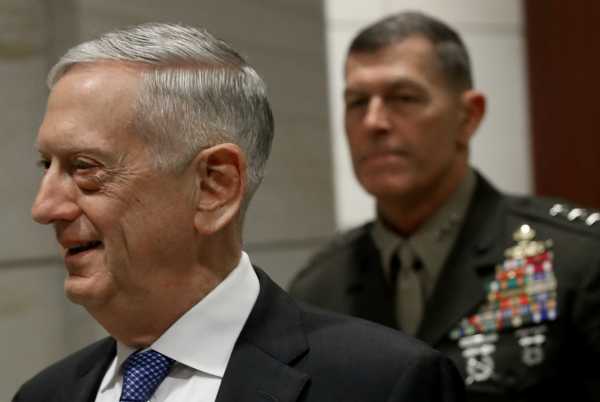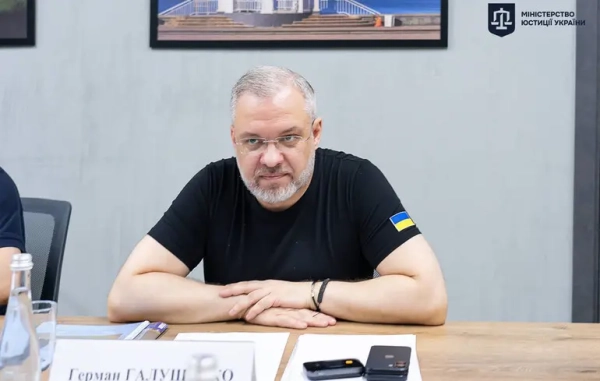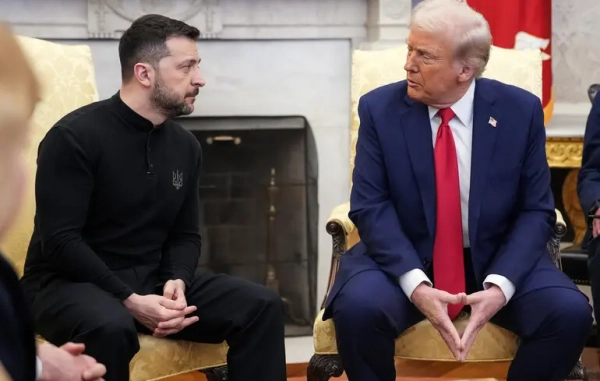
Former Defense Secretary James Mattis is back in the public eye with a book to promote, doing interviews and speaking in public about his career in government service.
That’s a golden opportunity to finally ask some tough questions about his prior service on the board of Theranos, a company that allegedly peddled fake blood tests and peddled connections to influential people in the national security world to get away with it for years.
Theranos was one of the largest business scandals of the past decades, described by the Securities and Exchange Commission as an “elaborate, years-long fraud” in which CEO Elizabeth Holmes and President Ramesh “Sunny” Balwani, “exaggerated or made false statements about the company’s technology, business, and financial performance.”
Mattis not only served on Theranos’s board during some of the years after he’d retired from military service, while it was perpetrating the scheme, but he earlier served as a key advocate of putting the company’s technology (technology that was, to be clear, fake) to use inside the military while he was still serving as a general. Holmes settled the SEC case, paying a $500,000 fee and accepting various other penalties, while Balwani is fighting it out in court. (Holmes and Balwani are both battling criminal fraud charges.)
Nobody on the board has been directly charged with anything. But accepting six-figure checks to serve as a frontman for a con operation is the kind of thing that would normally count as a liability in American politics.
While the Theranos scandal was on the front burner of American politics, nobody wanted to talk about Mattis’s involvement. Trump and his co-partisans in Congress didn’t want to talk about it. But the Democratic Party opposition was also inclined to give Mattis a pass. Everyone in Washington was more or less convinced that Mattis’s presence in the Pentagon was the only thing standing between us and possible nuclear Armageddon.
But Mattis isn’t “the adult in the room” anymore, the supposed savior of the country. He’s just a guy trading on his reputation to try to sell books. And his prior use of his position to profit from a massive scheme deserves scrutiny.
James Mattis profited from helping Theranos
Theranos was the kind of story that a lot of people wanted to believe in. A technology startup led by a bright, young Stanford dropout that, unlike so many essentially frivolous apps, was actually going to solve the urgent problem of making health care cheaper and easier to access. The problem, as revealed by the Wall Street Journal’s John Carreyrou in an October 2015 exposé, was that the whole thing was a sham.
Theranos’s key technology, called Edison machines, didn’t really work, and Theranos wasn’t actually using them to perform its blood tests, relying instead on older Samsung equipment. Theranos offered lower prices than the competition not because it had an innovative new product, but because it was a money-losing startup burning cash raised from venture capitalists.
This scheme worked because Theranos was deeply tied in with the American political, business, and media establishment — counting former Secretaries of State Henry Kissinger and George Shultz as board members, and maintaining sufficient clout that Hillary Clinton’s campaign was unwise enough to schedule a high-profile fundraiser with Holmes months after the publication of Carreyrou’s exposé.
But perhaps none of these elite supporters was as valuable as Mattis.
As the SEC complaint describes, a main element of the scheme was that “Holmes, and Balwani claimed that Theranos’ products were deployed by the U.S. Department of Defense on the battlefield in Afghanistan and on medevac helicopters and that the company would generate more than $100 million in revenue in 2014.”
Holmes, the SEC alleged, “knew, or was reckless in not knowing, that these statements were false and misleading.” It’s easy to see, however, why investors might be fooled about this because one of the company’s board members, Mattis, joined Theranos in 2013 immediately after retiring from a long career of military service that concluded with a stint leading CENTCOM, the US combatant command that is responsible for, among other things, Afghanistan.
Mattis (who, obviously, has no expertise in medical testing) pushed for the military to use Theranos technology, but it was never used because it didn’t work.
Nonetheless, as of December 2015, Mattis was still vouching for the company, telling the Washington Post that he “had quickly seen tremendous potential in the technologies Theranos develops, and I have the greatest respect for the company’s mission and integrity.”
The technology, it is now clear, had no potential, and the company had no integrity.
Nobody has properly questioned Mattis about this
By the time Mattis was selected to serve as Trump’s secretary of defense in January 2017, the scope of the Theranos scandal was already well-known to the public thanks to diligent journalistic work. So was the fact that Mattis was not only
Sourse: vox.com






